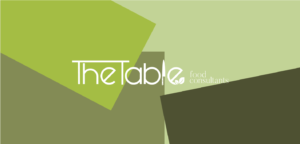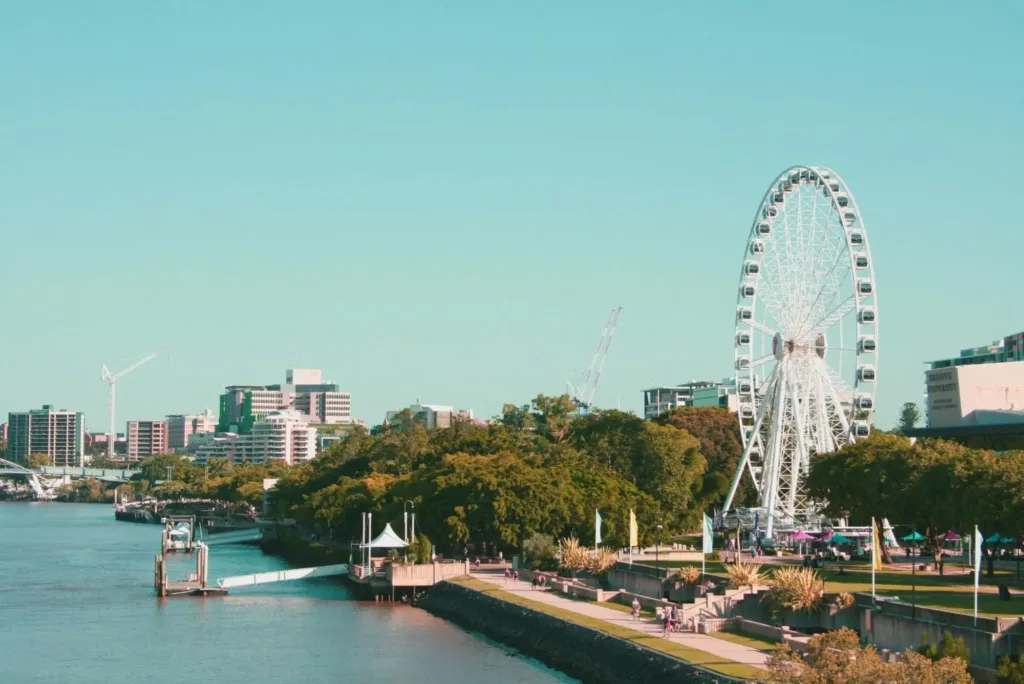As Brisbane gears up to host the 2032 Olympic Games, the hospitality industry is in a unique position. Events of this scale often come with a massive environmental footprint — but they also offer an incredible opportunity for sustainable hospitality to take center stage in Australia.
Overflowing waste bins, high energy demands, and excessive water usage are typical during major events. But what if hospitality venues across Brisbane lead the charge toward greener operations — starting now?

With eight years to go, there’s plenty of time to create real change. But waiting until the last minute won’t work. The foundations for a sustainable hospitality model for the Brisbane Olympics must be laid today.
As we watch the Paris Olympics unfold, let’s start shaping what Brisbane 2032 will look like — one kitchen, café, or restaurant at a time.
Consider the following steps:
Audit your premises
Audit and understand all of your avenues of waste and what you are consuming. – Anything that is measurable is manageable, this can also be referred to as your “baseline”. With the baseline of your consumption understood, you can start implementing interventions 1 by 1 starting with your top contributor of waste and work your way down. Ensure these audits are regularly conducted. To ensure the steps taken are being validated.
Educate your team
Start with education for your teams to ensure they have the awareness and knowledge to work towards the target and support the interventions you’ve implemented. We offer great workshops for teams, whether they are at the beginning stages or further along in their sustainability journey.Explore our full list of services here.
If you’re looking for free online training, we recommend World Chefs, click here Or visit The UN website here, which offers micro-learning options. These practices can lead to higher employee retention and attraction, particularly for Generation Z, and help your team work together towards a common goal.
Procurement
“Source Food Sustainably: How?
Start by having conversations with your suppliers to understand their sourcing policies and procedures. Wherever possible, switch to more local sources.
Key Questions to Ask Your Suppliers:
- Where is the item grown?
- Where is it processed?
- What packaging are you using for delivery?
We will write another blog about this soon, as conversations with your suppliers are key.
The Food Connect Foundation in Brisbane is doing amazing work around local food chains. This week, they are holding their inaugural SEQ Summit, discussing all things local food in retail, wholesale, and policy.
Composting
Ensure the waste you have is being disposed of in a correct way. The best way to dispose of organic waste is composting — consider joining up with neighboring restaurants in a campaign to compost, either on-site or with some amazing companies, such as Mallow Sustainability.
And please MAKE SURE you compost your coffee cups!
Mutual Benefits!
Going green isn’t just good for the planet—it’s good for business. Sustainable practices can lead to cost savings, enhanced reputation, and loyal customers. Think of the appeal of an eco-friendly hotel or a restaurant that sources locally during the Olympics.
As we move towards a future where sustainability is paramount, the Brisbane 2032 Olympic Games offer a unique platform for the hospitality industry. By contributing to greener games, businesses not only support global goals but also reap the rewards of a greener bottom line. The question is, will you seize this opportunity? Let take the steps above to start out change to a hospilaity with impact!


